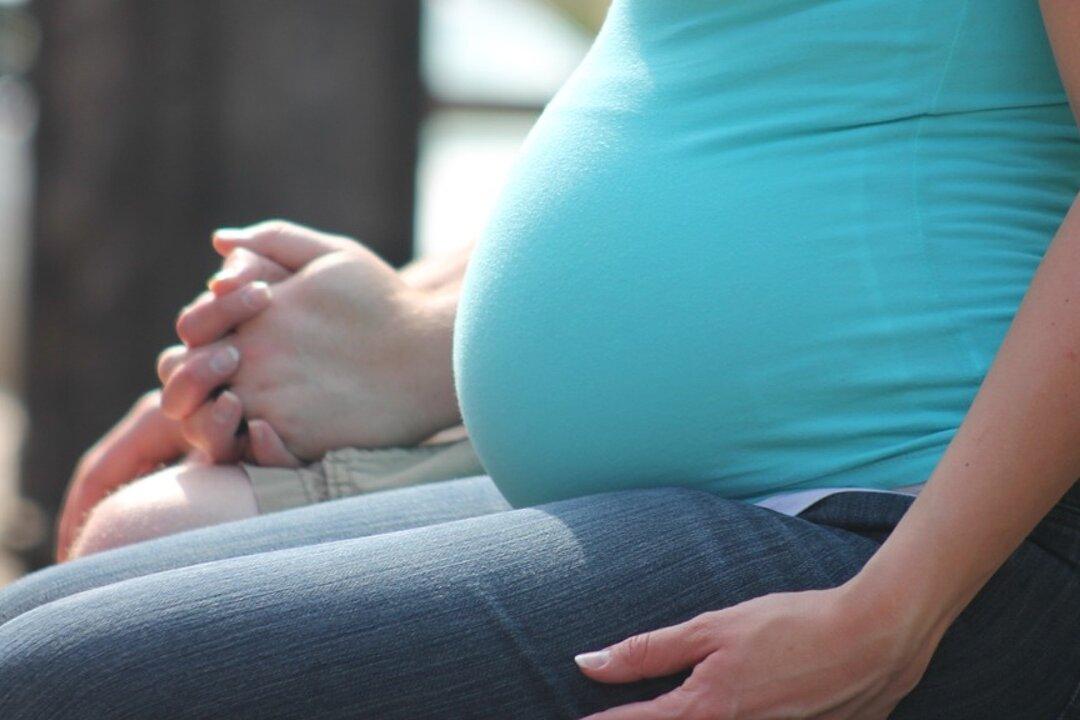A New York couple gave birth to someone else’s babies after an IVF clinic implanted the wrong embryos in the woman’s womb—they were expecting twin girls and instead gave birth to twin boys that didn’t match their ethnicity.
The Asian couple from Queens approached CHA Fertility Clinic for IVF after their many attempts to have babies naturally and through artificial insemination failed, reported the New York Post.





